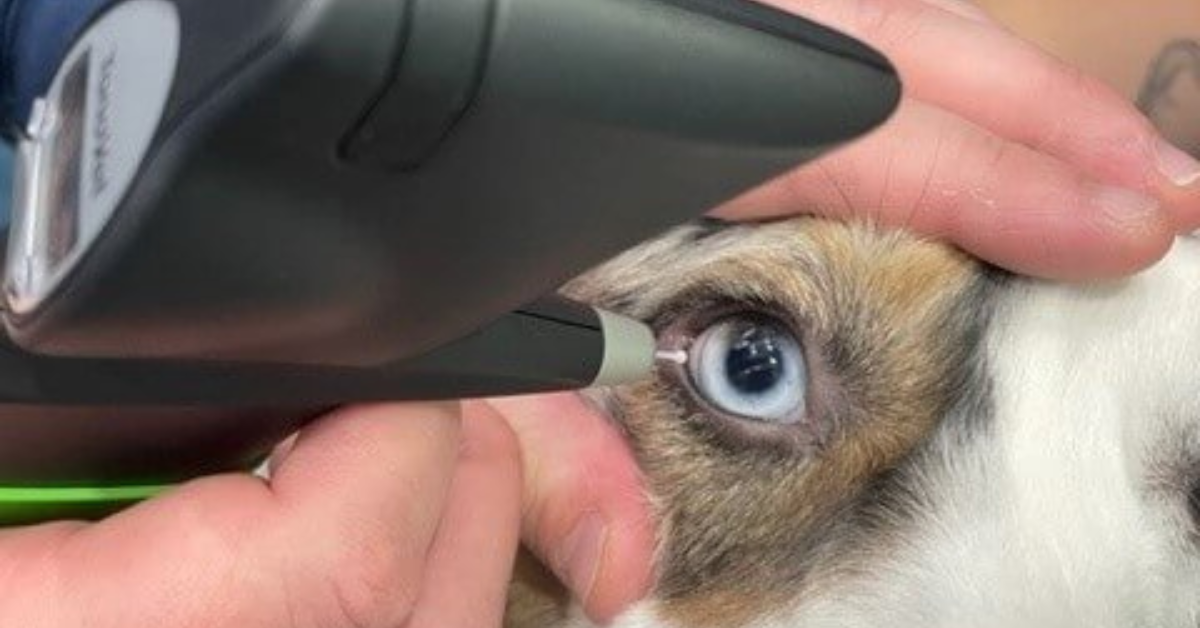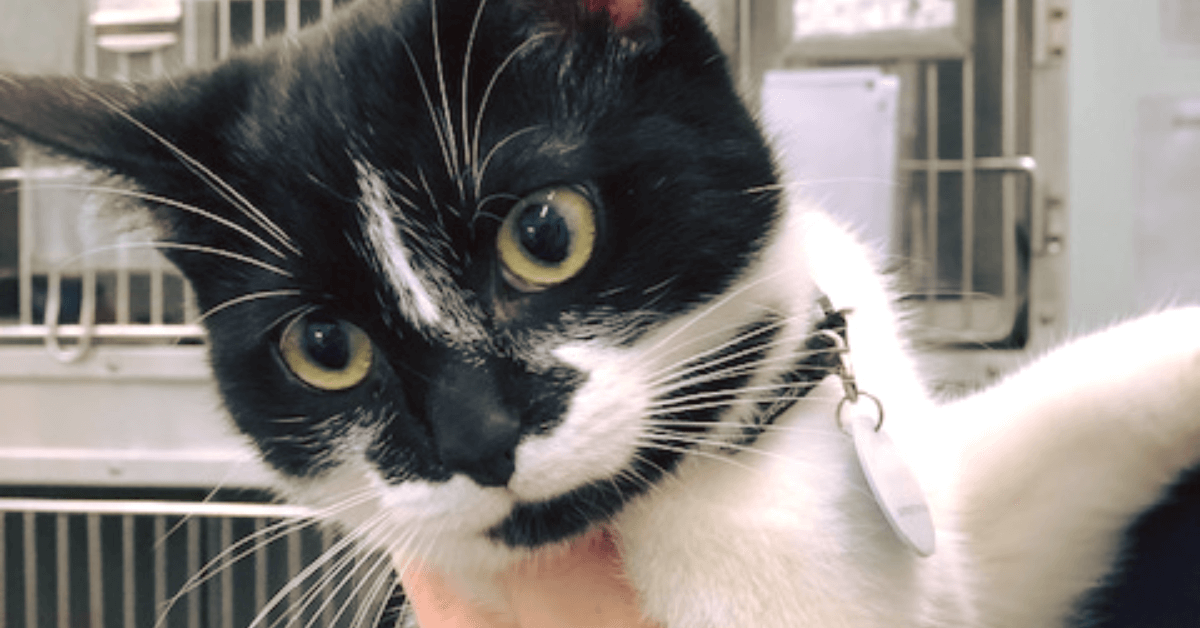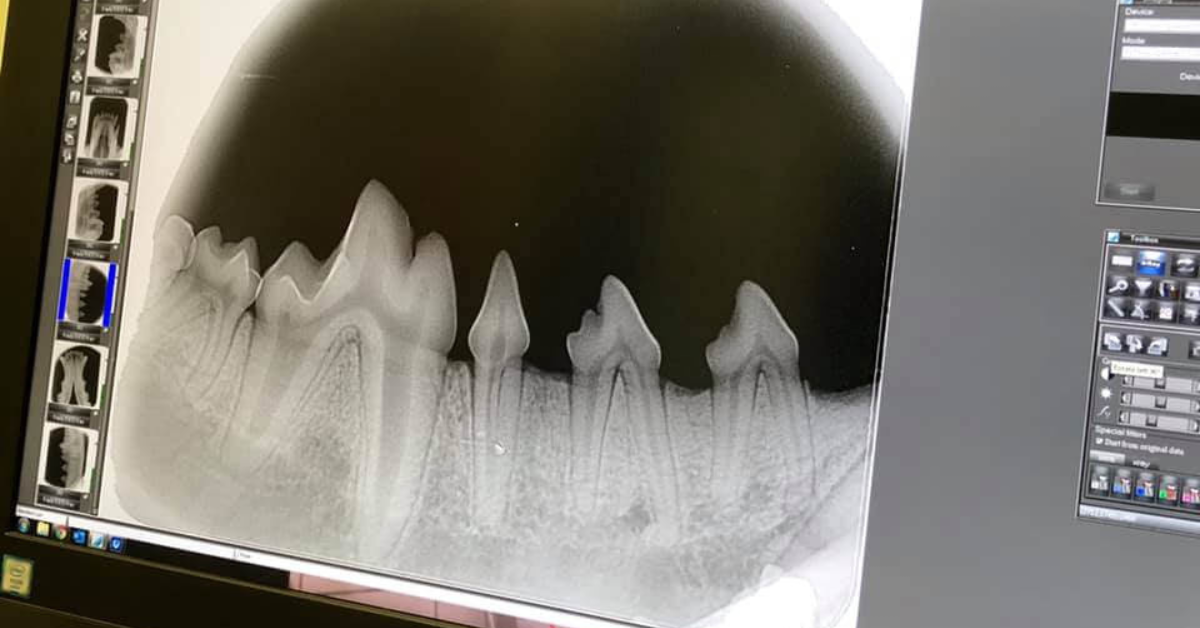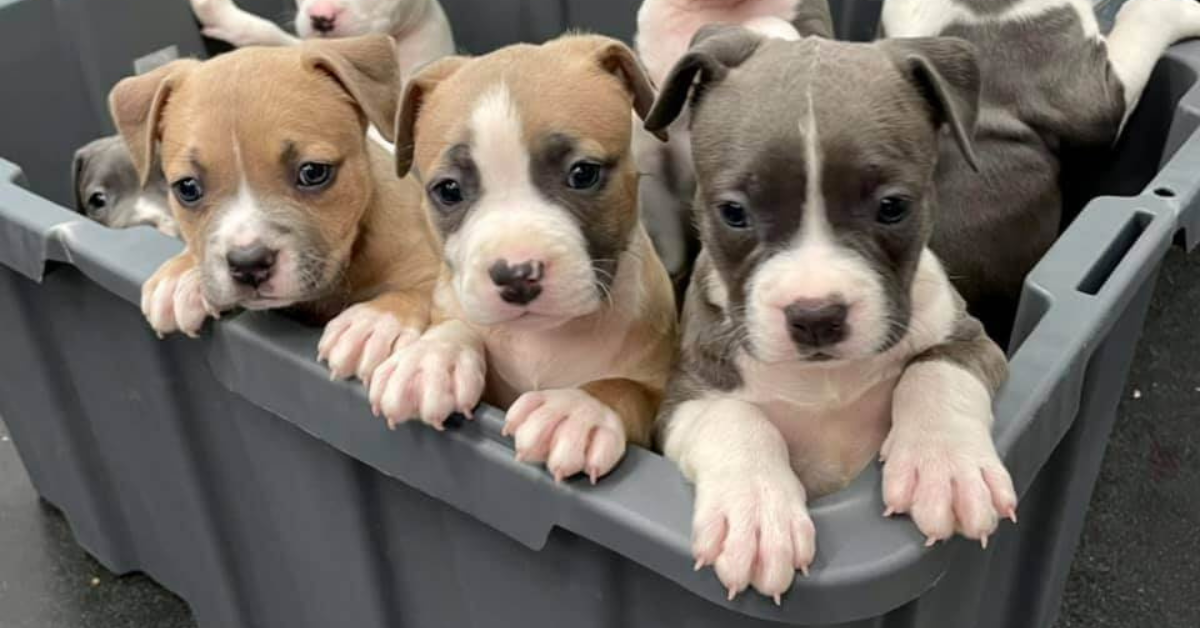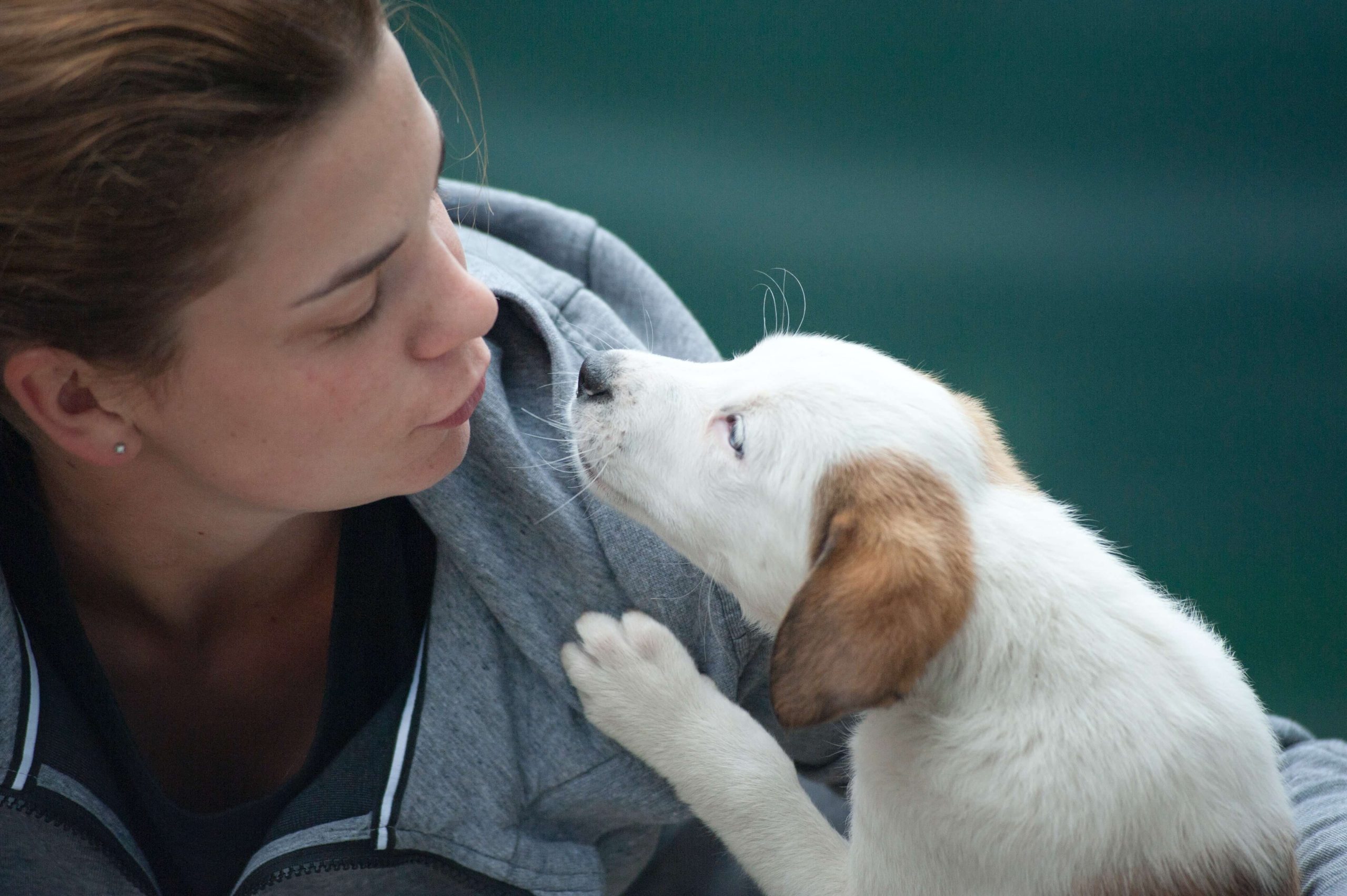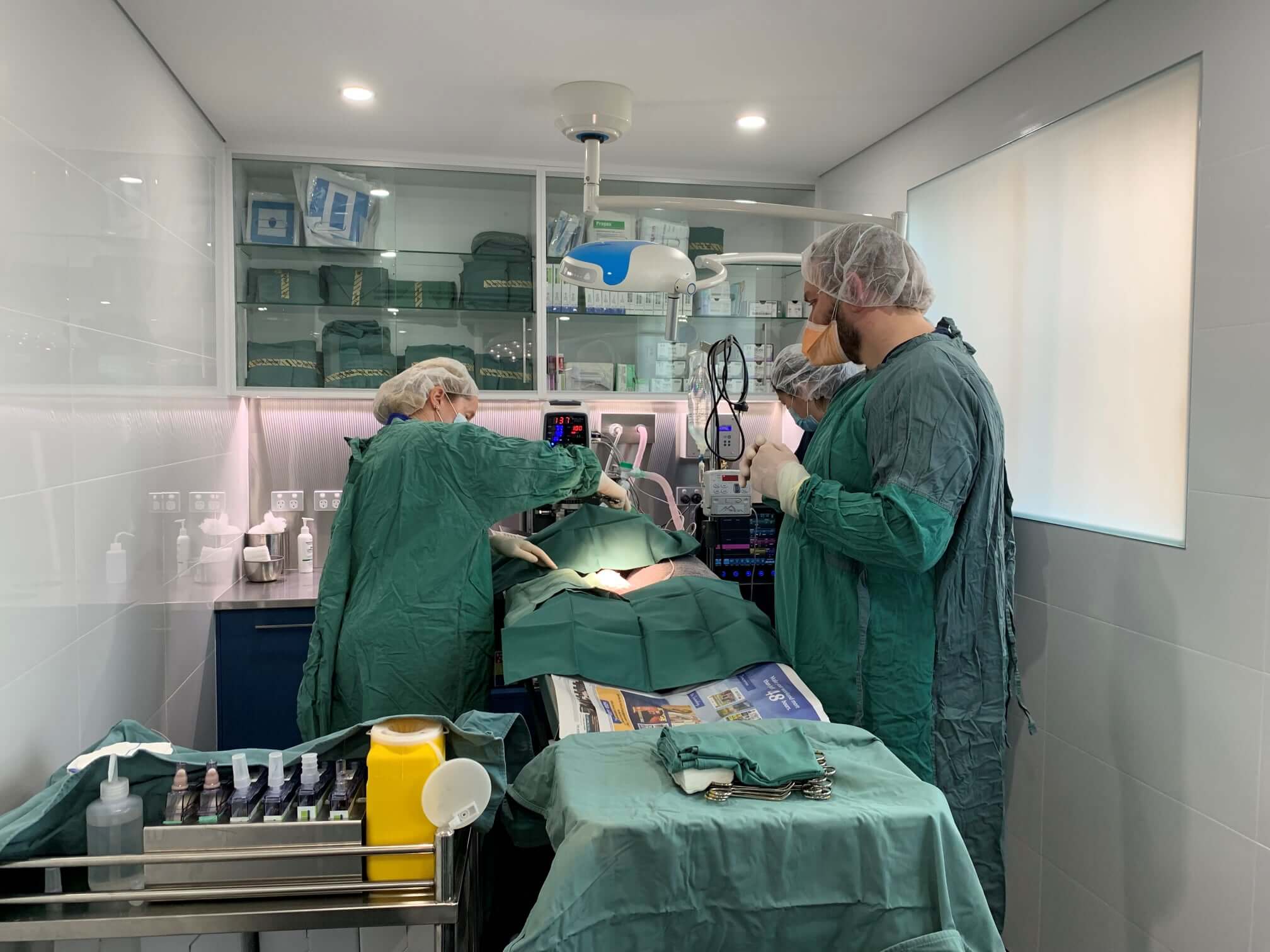GENERAL ANAESTHESIA AND PRE-ANAESTHETIC BLOOD TESTS
We would expect your pet to be back to their normal self by the next day with normal energy levels & normal appetite.
WHAT TO DO WHEN YOUR PET ARRIVES HOME:
- Your pet was given a general anaesthetic today, these medications can take a number of hours to wear off.
- There may be a small shaved area of hair on their leg – this was for the intravenous anaesthetic injection.
- Your pet may be a little quiet and lethargic this evening, but this is normal, as they are still recovering.
- You should keep your pet warm and comfortable and indoors for the next 48hours, if possible.
- Avoid running, jumping, and other strenuous activity that could cause excessive strain on their wound.
WHEN TO FEED YOUR PET:
- Offer you pet approximately half of his/her normal dinner tonight, then resume normal feeding.
- Some animals may experience nausea after general anaesthesia, so dividing the meal into smaller portions may decrease the risk of nausea and vomiting.
- Please contact us if your pet is not eating, has any vomiting or diarrhoea.
SURGICAL INCISION CARE:
- If you pet has a surgical incision, please keep the area clean and dry.
- It is essential to avoid swimming or baths, as this can introduce bacteria and lead to infection.
- Please monitor the surgical site daily for any redness, swelling or discharge.
- Please bring your pet back to us in 10-14 days for the stitches to be removed.
HOW TO STOP YOUR PET LICKING / CHEWING STITCHES:
- Your pet may instinctively try to clean his/her surgical site by licking.
- If you have been given an E-Collar, please ensure it is used at all times in order to prevent this behaviour.
- Many pets find these E-Collars strange at first, and will attempt to remove them.
- After a short period of time most will settle down and tolerate the E-Collar.
- If you have not been given an E-Collar and you notice your pet is beginning to lick or chew their incision, please contact us so that we can provide you with one.
- It only takes a few seconds of chewing for a pet to remove stitches or damage the surgical site.
IS YOUR PET COUGHING?
- Your pet may have had a tube placed in the trachea (windpipe) during anaesthesia.
- This is done in order to administer oxygen and anaesthetic gas.
- This can cause mild irritation and a slight cough; this should usually diminish over the next 24 hours.
- If the coughing persists, worsens, or you are concerned at all, please contact us.
MEDICATION:
- After surgery, you may be sent home with some oral medications for your pet.
- If you have been given any medications, please read the label carefully.
- Ensure that you administer all medication as instructed.
- If you have any trouble giving medication to your pet, please contact us for advice.
If you have any questions or concerns, please do not hesitate to give us a call on 02 9743 1715.
Our Other Services
How Can We Help Your Pet
Explore Our Veterinary Care Services

